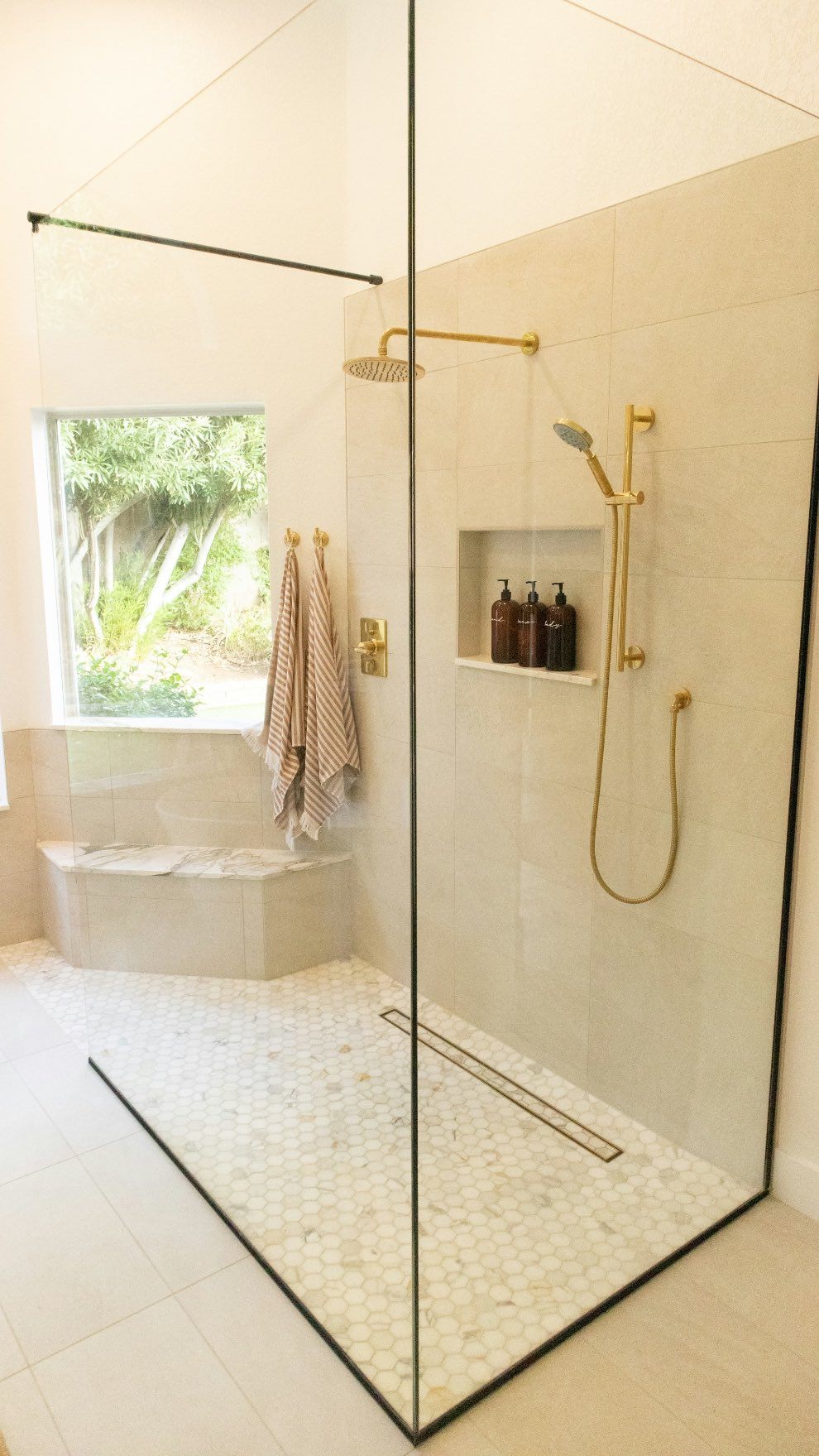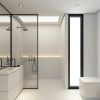
Shower System: Which Style Works Better for Bathroom Renovation?
In the global home decoration market, bathroom space has long been regarded as the "second living room," aiming to enhance the quality of life. Among them, the shower system, as the core product with the highest frequency of use and gradually increasing technological content, is becoming the focus of decoration upgrades. Consumers often ask when faced with a wide range of choices: which style of shower system is more suitable for their bathroom? This article will examine the selection logic of shower systems from four perspectives: design trends, style classification, consumer preferences, and industry insights, and provide references based on the actual market situation.
Shower systems in the global trend of bathroom upgrades
With the upgrading of household consumption, people's demand for shower experiences has shifted from "washable" to "comfortable, beautiful, and healthy." In the past five years, the global bathroom market has maintained an average annual growth rate of around 5%, with shower systems growing significantly faster than traditional single showerheads. Consumers hope to obtain more effective water discharge methods, improved design aesthetics, and enhanced convenience through a comprehensive system.
The market is particularly evident. According to market research firm Statista, approximately 36% of the budget for bathroom renovation in 2024 is directly related to shower areas. The choice of shower system has become a key topic of discussion among homeowners, designers, and developers.
Classification and Characteristics of Mainstream Styles
1. Modern Minimalist style
This style emphasizes simple lines and is commonly treated with brushed stainless steel or black matte finish on the surface, paired with various water outlet modes such as side spray, top spray, and handheld showerhead combinations. Its most significant advantage lies in its refreshing visual experience, which can be well adapted to small apartments or bathrooms that emphasize spatial sense, while harmoniously integrating with glass partitions and tile backgrounds. The potential drawback of modern minimalism is that it is prone to homogenization with similar products on the market, and differentiating in detail has become a challenge for brands.
2. Classic Traditional Style
Traditional styles often feature brass, antique copper, or gold-plated craftsmanship, with a retro design that emphasizes strength and temperature stability in the water. The advantage of this style lies in its prominent atmosphere and grade, suitable for large houses or retro decoration environments, and can enhance the overall value of the house. But its cost is higher, and it also has higher requirements for the overall decoration style. If an ordinary family does not have a matching spatial tone, it may be difficult to control.
3. Industrial Chic style
Industrial air shower systems typically feature exposed metal fittings and employ dark gray or black coatings to accentuate their mechanical and design elements. They are often combined with a rain shower top spray to create a "spa" effect. Its advantage is personalized and distinct, which can make the space highly recognizable. The disadvantage is that it tends to appear cold and hard, with limited consumer acceptance, making it more suitable for specific groups led by designers.
4. Smart Tech Driven Style
Intelligence is the fastest-growing category in recent years. Digital temperature control, memory water temperature, touch panel, and even Bluetooth audio and ambient lighting functions are gradually becoming standard features in mainstream shower systems. The advantage lies in cutting-edge functionality and excellent comfort experience, especially favored by young high-income groups and technology enthusiasts. But the price is relatively high, and the installation and maintenance are also more complex. Some consumers need time to adapt to their usage habits.
Consumer preferences and market trends
Consumers generally show a high interest in minimalist and intelligent products. Research shows that:
About 42% of American home decoration customers tend to choose modern minimalist style shower systems.
28% of consumers are considering or have already installed smart systems with digital temperature control.
Traditional and industrial styles are more commonly seen in high-end or customized projects.
Industry insiders note that environmental protection, water conservation, and intelligent functions are key drivers of the market's development. The WaterSense certification from the US Environmental Protection Agency (EPA) has become a standard of reference for many consumers, and shower systems that meet water-saving requirements are more likely to gain favor.
Experts and industry voices
Designer's viewpoint: "Minimalist style is currently the mainstream, but in the high-end market, customers still hope to showcase their personality through traditional or industrial elements." - Melissa Grant, New York interior designer
Retailer analysis: "Although the current market share of intelligent shower systems is not large, they have the fastest growth rate and will be the highlight of retail growth in the next five years. ”California Building Materials Chain Procurement Manager
Consumer feedback: "We have chosen a system with temperature control memory, which does not require adjustment during each shower, making it convenient and water-saving." - James H., a resident of Austin, Texas
Industry Insights and Future Directions
Mix and match trend: More and more decoration projects are not limited to a single style, but integrate minimalism and industry, tradition and intelligence, forming a "cross style" experience.
Water conservation and environmental protection: Under the global trend of sustainable development, low-flow and high-efficiency effluent systems will become the focus of future competition.
Full scene intelligence: The shower system will gradually integrate with the entire house smart home system to achieve functions such as voice control and remote presetting.
Channel diversification: In addition to traditional retail, e-commerce, and home decoration, integrated service platforms are emerging as the leading sales channels.
Suggestions for Consumers on Purchasing
First, evaluate the space and style: Small bathrooms are more suitable for minimalist or wall-mounted systems, while larger spaces can consider retro or smart.
Pay attention to water conservation and safety: Check for WaterSense or other water-saving certifications to ensure temperature control safety and prevent children from getting burned.
Budget and maintenance: Traditional and intelligent products often have high prices and complex maintenance, requiring consideration of long-term costs.
After-sales and brand guarantee: Choose a brand with a mature after-sales system and universal spare parts to avoid future maintenance difficulties.

Conclusion
Whether it is the universality of modern minimalism, the luxury of traditional classics, or the personalized expression of industrial style and the cutting-edge experience of intelligent technology, the style choice of the shower system is essentially an extension of lifestyle.Minimalism and intelligence are gradually becoming mainstream, while tradition and industry continue to thrive in the high-end customization field.
Industry insiders generally believe that in the next five years, "aesthetics+functionality+environmental protection+intelligence" will be the four key words for the development of shower systems. Consumers need to find a balance between budget, space, usage habits, and future value when making choices, while manufacturers need to meet the constantly segmented market demands through innovation and differentiated design.



















